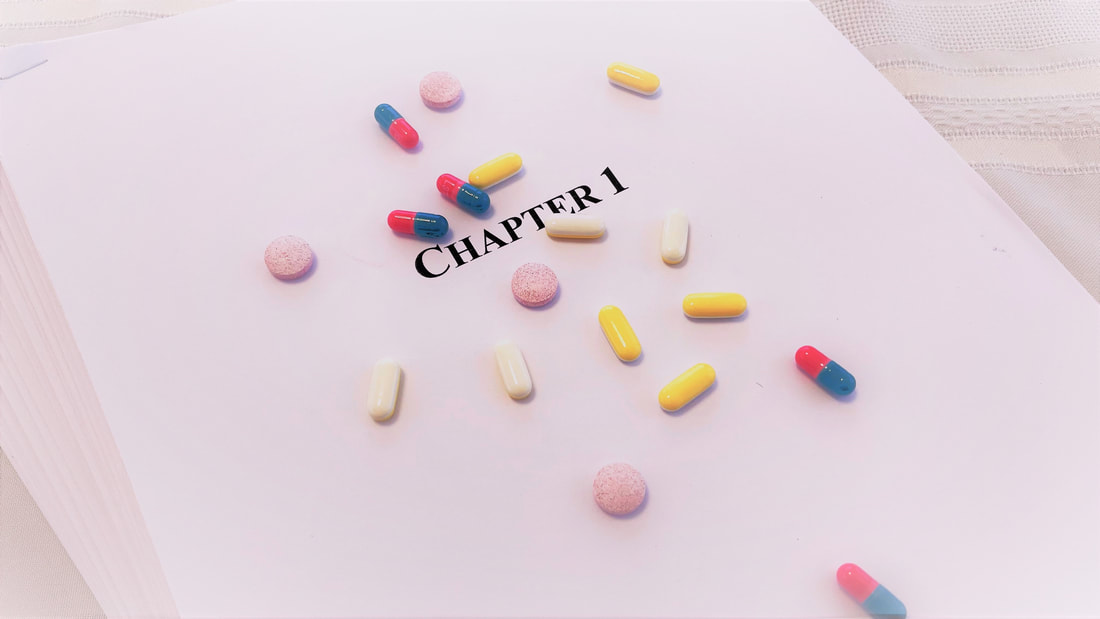|
Not metaphorically. Literally. We are trying to re-create an emotional experience—at the cellular level—aided by the selective application of endorphins. When people fall in love, their brain produces chemicals (dopamine, among others) which contribute to the magical feeling of “finding your soul mate.” When people are thrilled/scared/excited, the brain produces other chemicals. (Adrenaline, anyone?) And when people are bonding, yup… more chemicals. (Oxytocin, primarily.) These are the sorts of events that people like to re-live, especially from the safety and comfort of their favorite reading chair. But simply writing, “They fell in love,” or “He was scared,” or “She felt a connection with her baby” doesn’t do it… doesn’t provide the high… doesn’t have the mojo… of the real thing. We’ve talked before about the importance of craft when it comes to writing something that will have the impact of actual lived experience when someone reads it. This goes doubly so when it comes to writing about the ‘big event’ type situations described above. And the funny thing is, it seems like the more we attempt to describe—at great length—the feeling we’re going for… the less it feels real to the reader. But when we show it, with the small, unique, personal events and details that smell of actual life... if done well… it can feel real to the reader. Ideally, to the point where the reader’s subconscious can’t tell the difference between fiction and reality, and actually produces the same chemicals it would produce were the reader actually experiencing the events IRL. At that point--boom!—the reader feels as if they were falling in love or fighting off terrorists or rescuing a loved one. And then you have them. They’ve bought into your story on an emotional level, and at that point they’ll forgive pretty much anything (as long as it doesn't throw them out of the story) because you’re giving them the fix—the visceral kick in the heart—they’re craving. There’s no faking it here. The work either does or does not give them the feeling, on a gut level, of the emotional experience you’ve incorporated into your work. Like a chemical lie detector test. In those instances where your work causes the needle to swing to the far right and the buzzers to buzz and the flashing lights to spell out TRUE!!!, there’s a chance you might develop a loyal fan base and perhaps even join the ranks of authors either beloved or reviled as bestsellers. You know who I’m talking about… those authors who some call amazing and some call hacks and some call brilliant and some call commercial… yet who, in all cases, have a loyal readership that’s willing to plunk down their hard-earned money every time a new book comes out from their favorite writer. Because, regardless of how ‘literary’ or ‘writerly’ these authors may or may not be, their work passes the only test that matters to their readers—it’s written in such a way that it convinces some part of the reader’s brain, on an emotional level, that what they’re experiencing is real. Whatever we’re writing—whether upmarket fiction or poetry or romance or kidlit or literary non-fiction or a multi-book SF/F saga—we could do much worse than to attempt to write in a way that passes the same test. Happy dealing!
0 Comments
Leave a Reply. |
The Craft and Business of
|

 RSS Feed
RSS Feed